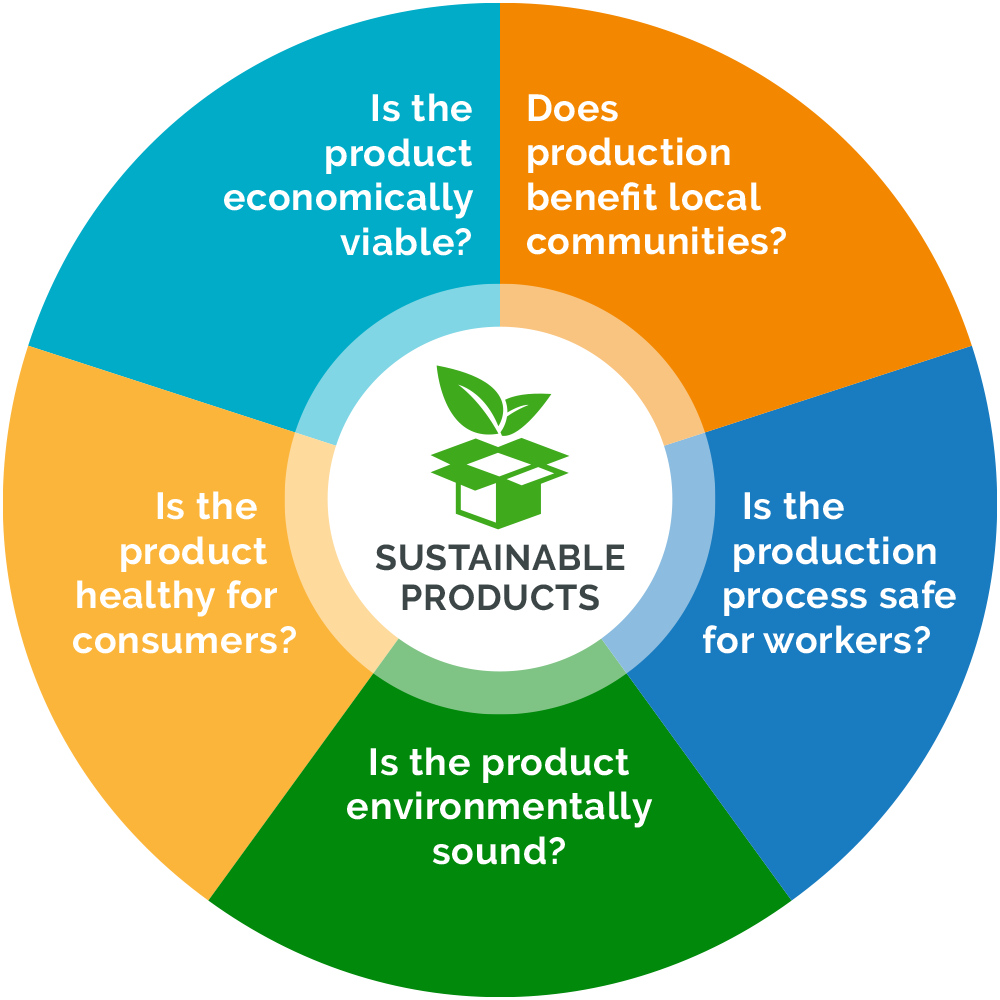
Sustainable Business Practices: Nurturing Responsible Growth

Nurturing Responsible Growth: Sustainable Business Practices
Sustainable business practices have become more than just a trend; they are a necessity in today’s global landscape. This article delves into the significance of sustainable business practices, exploring their impact on the environment, societal well-being, and the long-term viability of organizations.
Environmental Stewardship: A Core Tenet of Sustainability
At the heart of sustainable business practices lies environmental stewardship. Organizations embracing sustainability prioritize eco-friendly initiatives, such as reducing carbon emissions, minimizing waste, and adopting renewable energy sources. By integrating environmental considerations into their operations, businesses contribute to the broader goal of preserving the planet for future generations.
Social Responsibility: Beyond Profitability
Sustainable business practices extend beyond profit-centric goals to encompass social responsibility. Companies that prioritize sustainability actively engage in initiatives that benefit society. This can include supporting local communities, championing diversity and inclusion, and investing in programs that enhance the overall well-being of the population. Social responsibility is an integral component of sustainable business models.
Circular Economy: Reducing Waste and Maximizing Resources
A key concept within sustainable business practices is the adoption of a circular economy. Unlike the traditional linear economy of take, make, and dispose, the circular economy focuses on minimizing waste and maximizing the use of resources. Businesses practicing sustainability strive to create closed-loop systems, where products are designed for longevity, and materials are recycled or repurposed at the end of their lifecycle.
Ethical Supply Chains: Transparency and Fair Practices
Sustainable businesses prioritize ethical supply chains characterized by transparency and fair practices. From sourcing raw materials to manufacturing and distribution, organizations committed to sustainability ensure that their supply chains adhere to ethical standards. This includes fair wages, humane working conditions, and a commitment to minimizing the environmental impact throughout the entire supply chain.
Renewable Energy Integration: Powering the Future Sustainably
An essential aspect of sustainable business practices is the integration of renewable energy sources. Companies are increasingly investing in solar, wind, and other renewable energy technologies to power their operations. By reducing dependence on fossil fuels, businesses contribute to the transition to a more sustainable and environmentally friendly energy landscape.
Green Innovation: Driving Competitive Advantage
Sustainable business practices foster green innovation, driving a competitive advantage in the market. Organizations that prioritize sustainability often find innovative solutions to environmental challenges. Whether it’s developing eco-friendly products, implementing energy-efficient processes, or pioneering sustainable technologies, green innovation not only benefits the planet but also positions businesses as leaders in their industries.
Regulatory Compliance and Risk Mitigation
Sustainable practices go hand in hand with regulatory compliance and risk mitigation. As environmental regulations become more stringent, businesses that proactively adopt sustainable practices ensure compliance with evolving standards. Additionally, sustainability measures act as a buffer against potential risks, such as resource scarcity, regulatory penalties, and reputational damage associated with unsustainable practices.
Consumer Expectations and Brand Loyalty
Consumers are increasingly making purchasing decisions based on a company’s commitment to sustainability. Sustainable business practices resonate with environmentally conscious consumers who prefer to support businesses aligned with their values. Building a reputation for sustainability can lead to increased brand loyalty, customer trust, and a positive impact on the bottom line.
Long-Term Viability: Securing Future Success
Ultimately, sustainable business practices contribute to the long-term viability of organizations. As the world faces environmental challenges and societal issues, businesses that prioritize sustainability are better positioned to navigate uncertainties. By integrating responsible and sustainable practices into their core strategies, organizations secure a path to future success, resilience, and positive contributions to the world.
Explore Sustainable Business Practices here to gain insights into how organizations are fostering responsible growth and making a positive impact on the environment and society.



